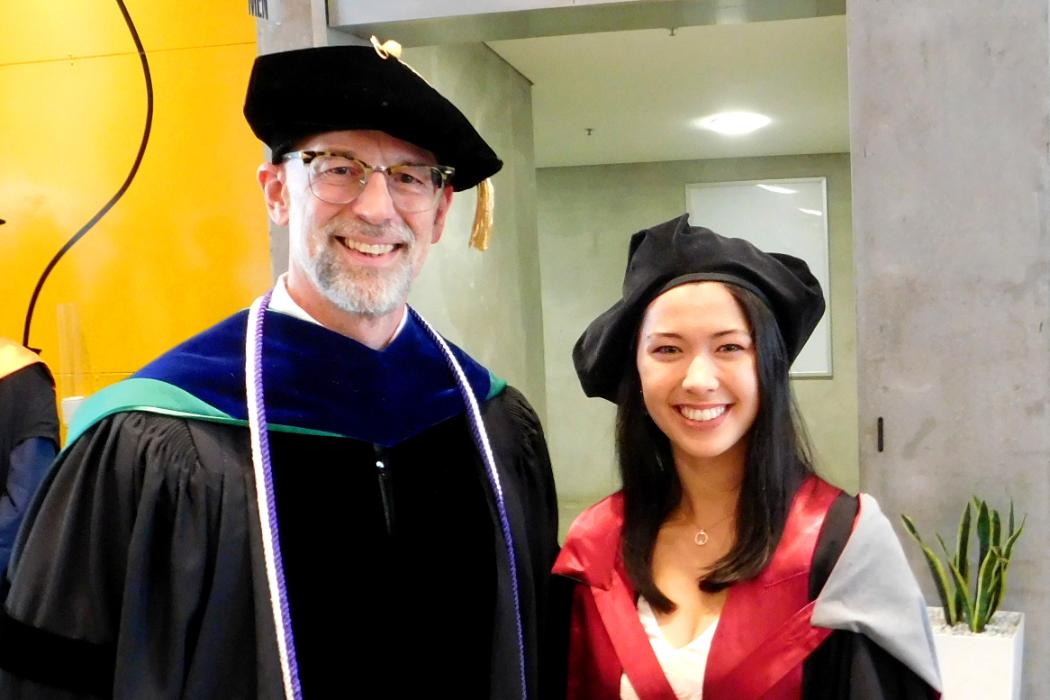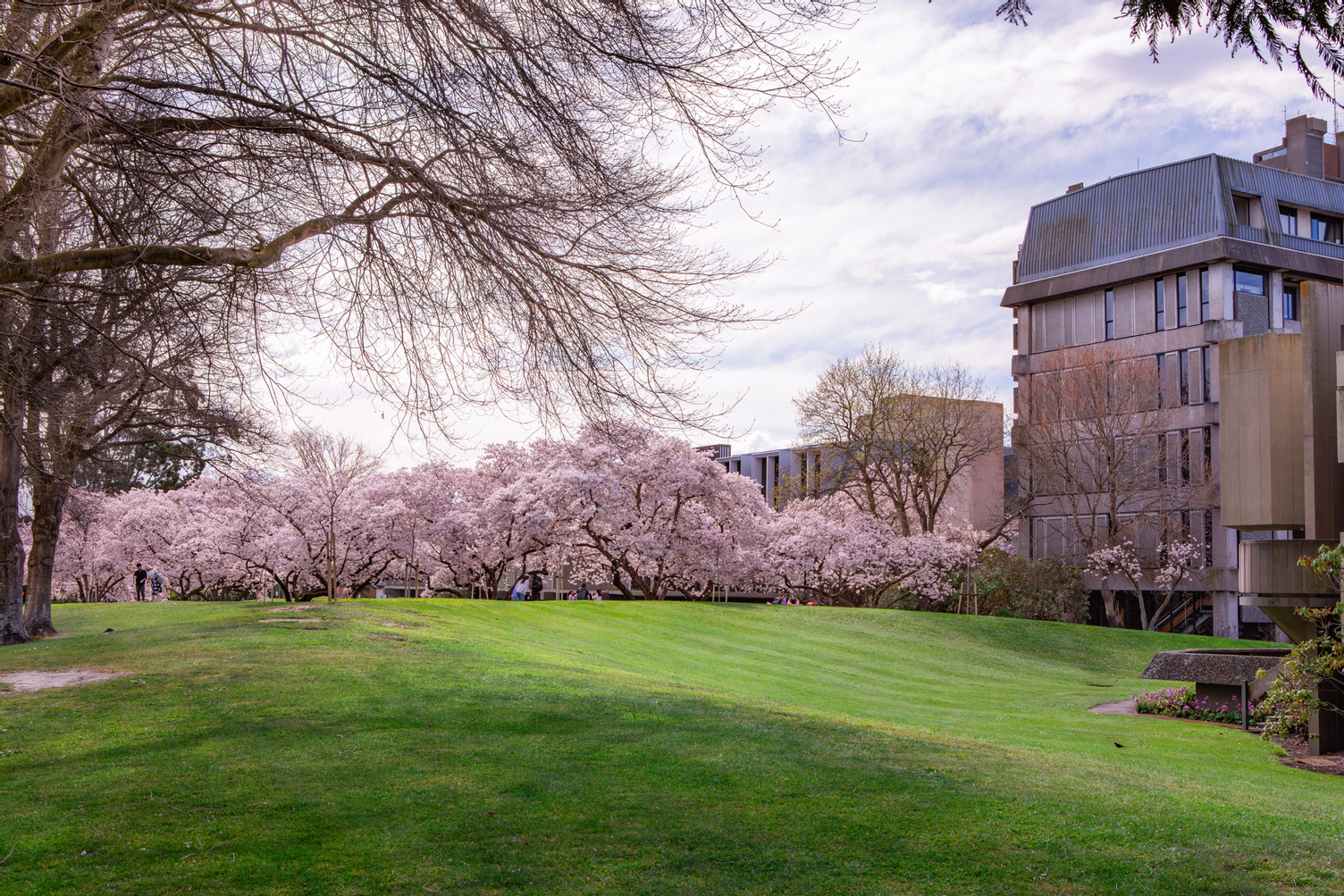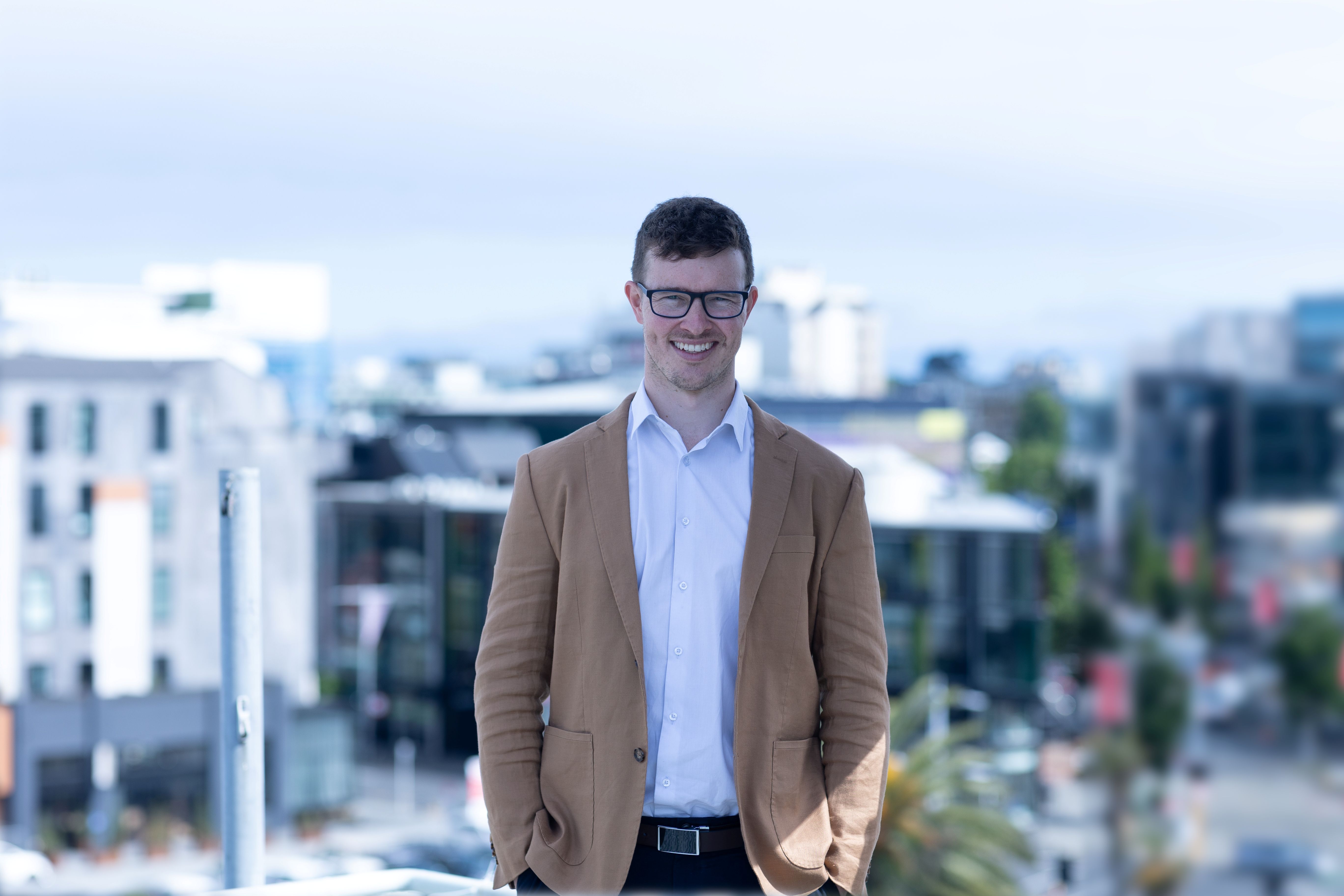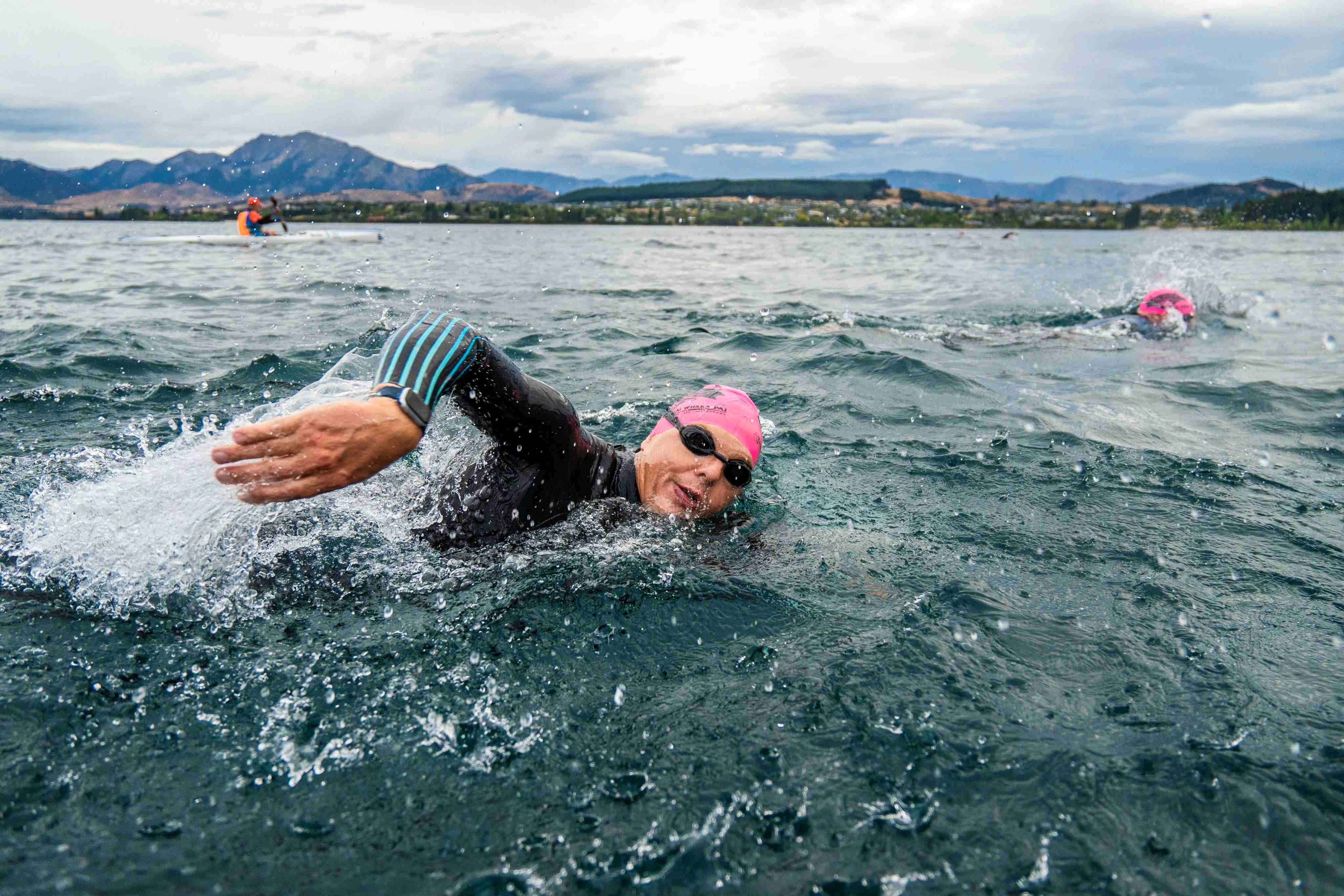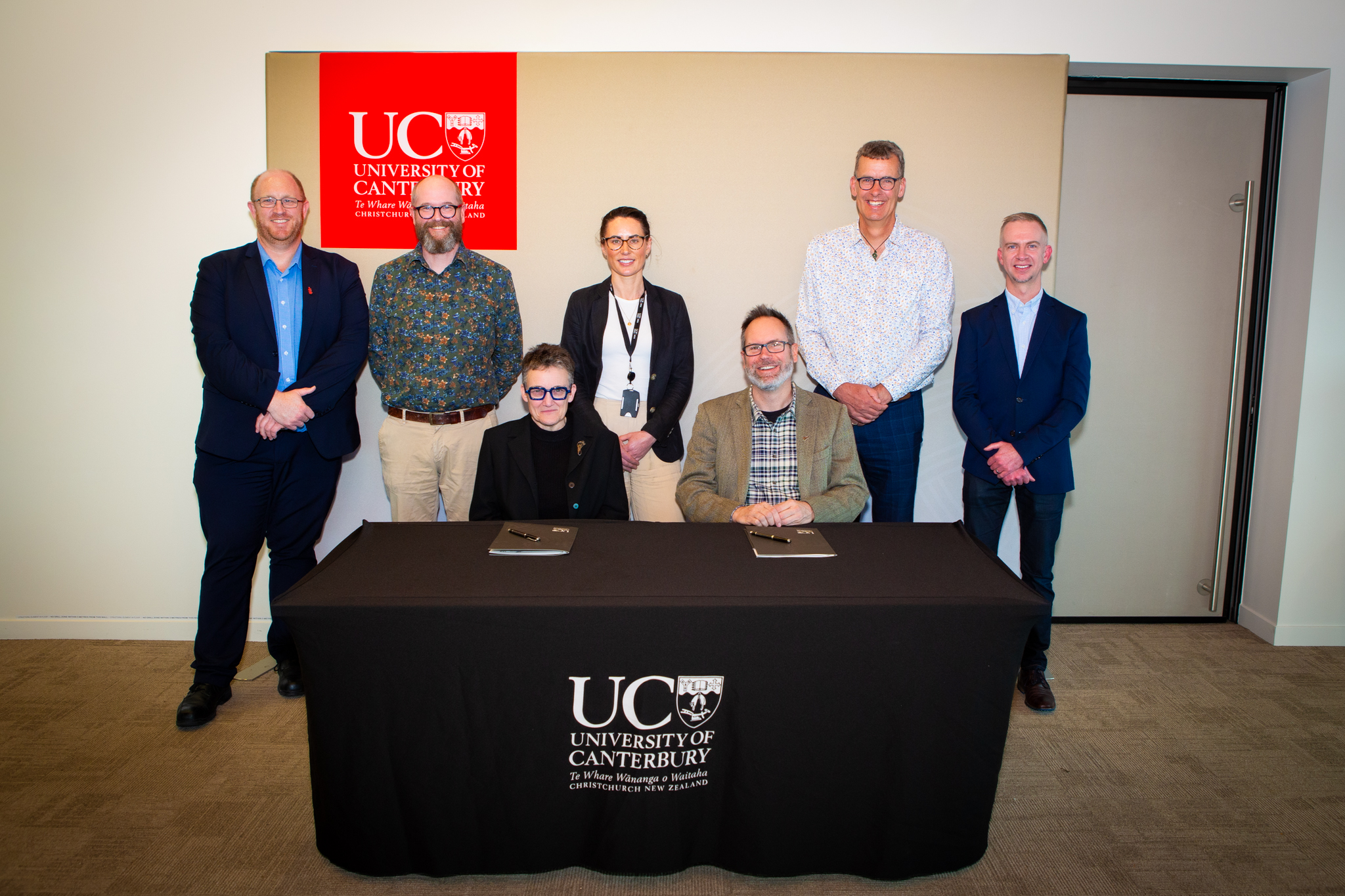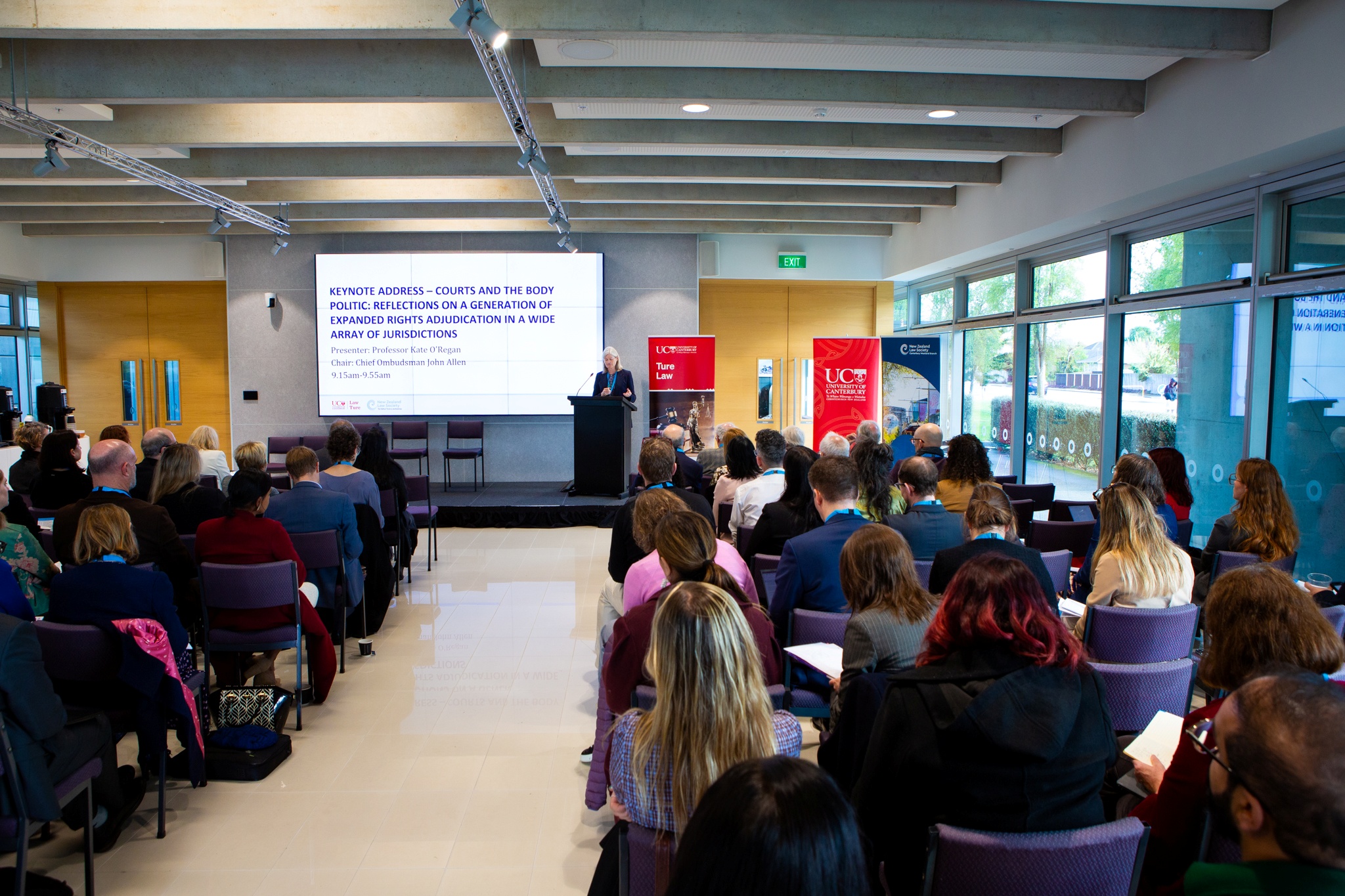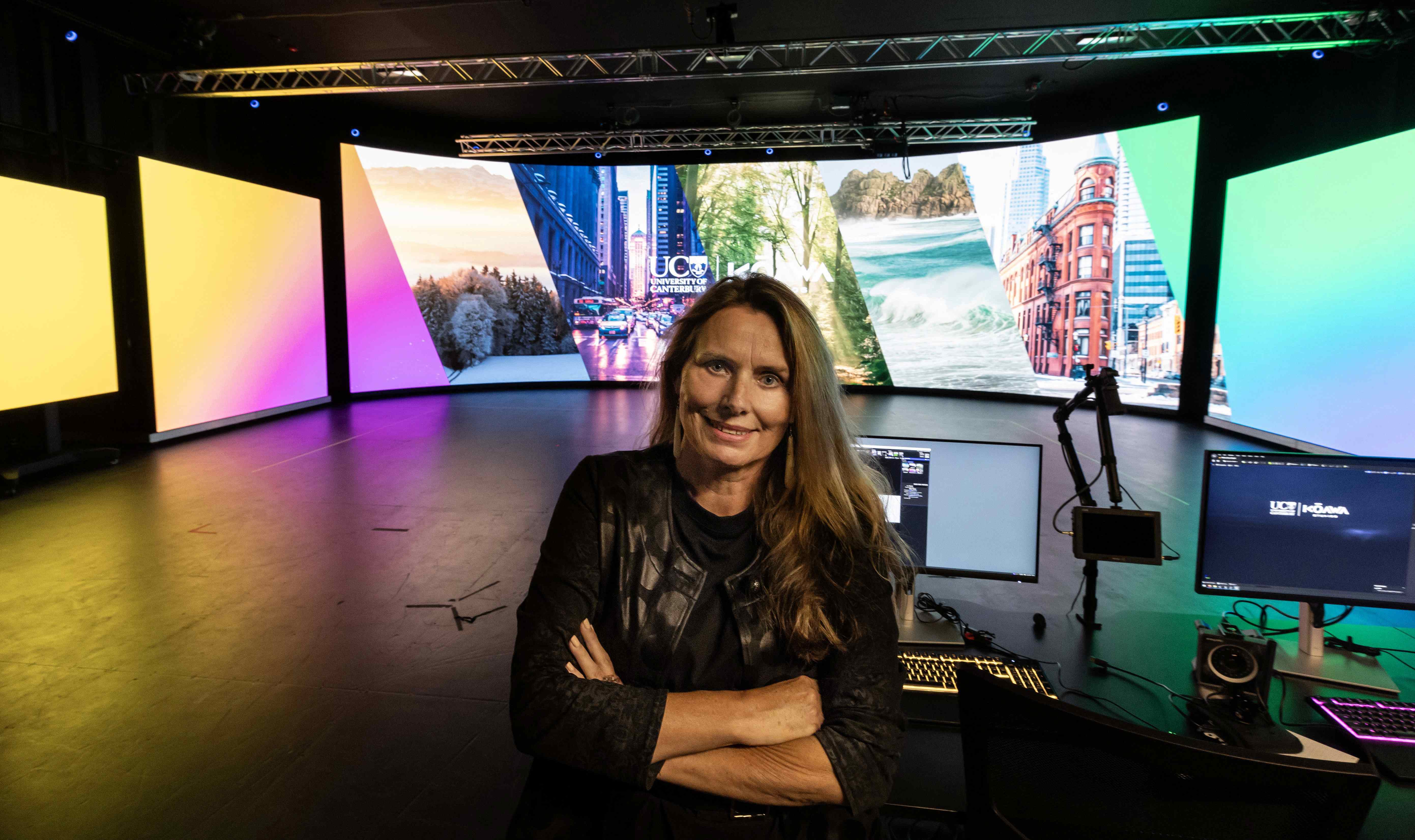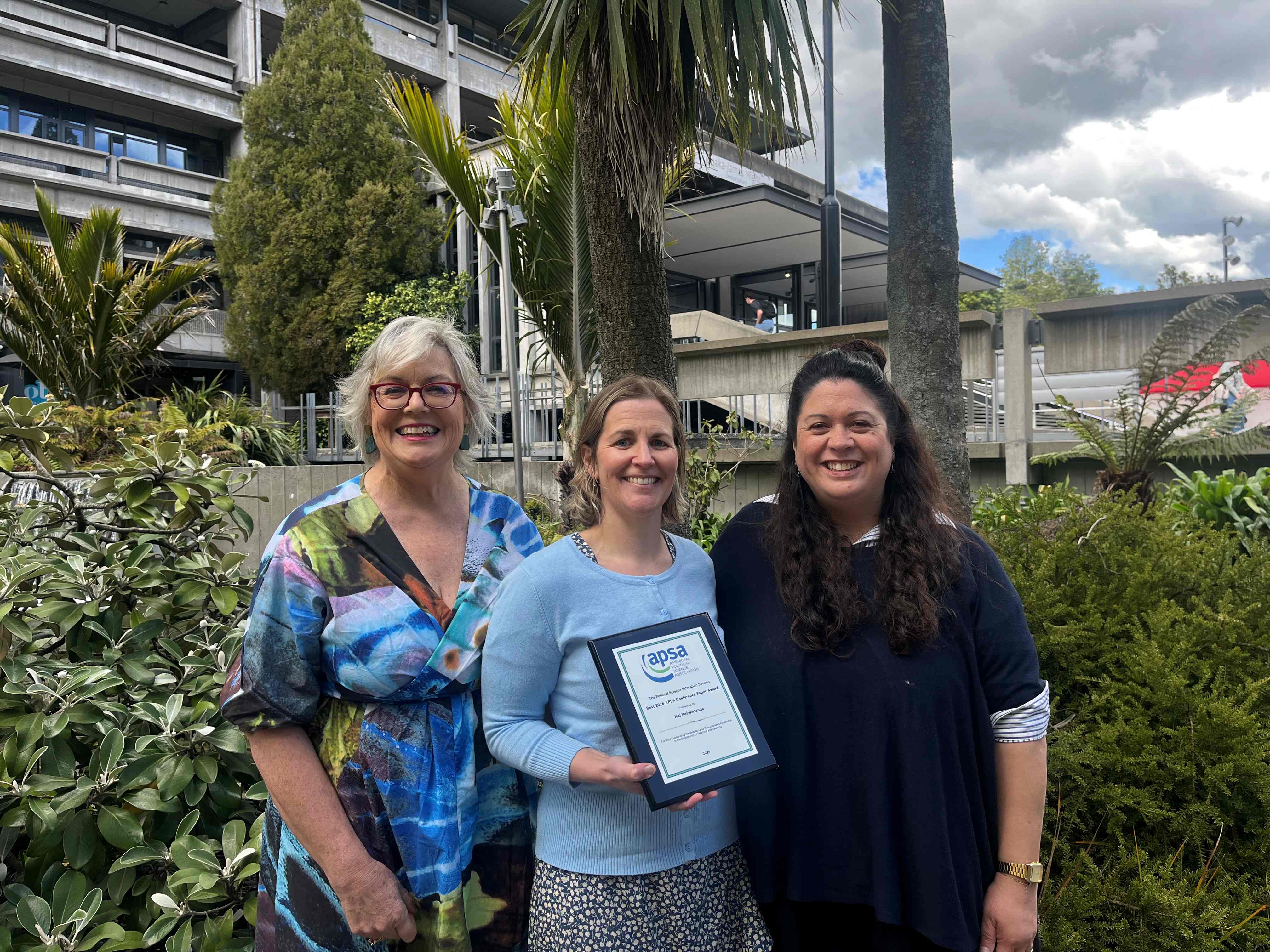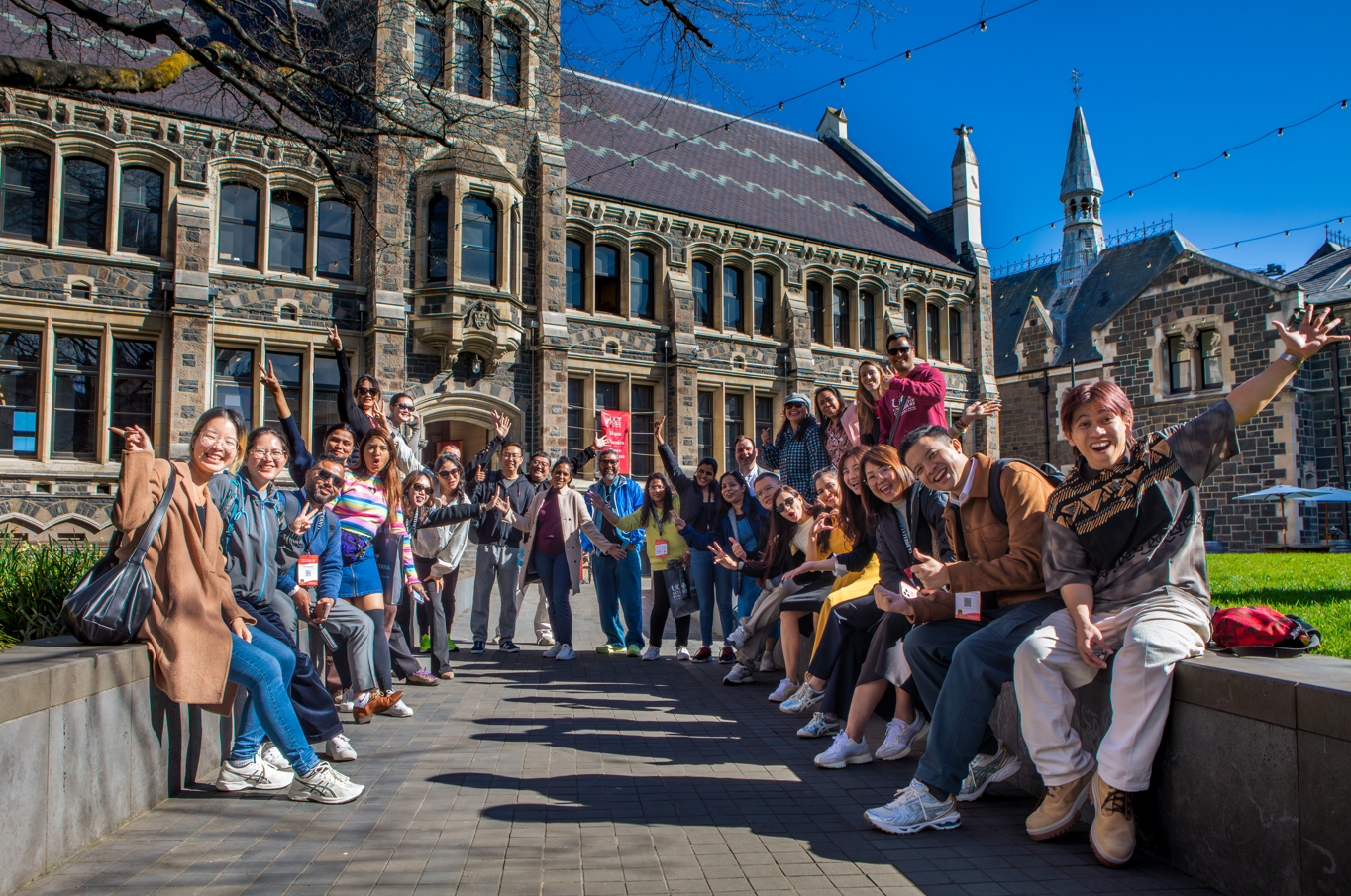“She’s the kind of student every supervisor wants. Natasha was the model PhD student. She was an amazing student – super motivated, super intelligent and she made all the right decisions,” Dr Wingreen says.
“Basically we upgraded her Master’s thesis to a PhD. She had to do some more work to upgrade to a PhD and she did everything right. She’s just a person of the highest quality. She actually submitted her PhD thesis in December 2017, when she was only 22, and was told she hadn’t been enrolled as a PhD student long enough to qualify to submit it, so she had to wait several months to resubmit it.”
She graduated in December 2018, with her thesis titled: Initial Trust in Emerging Technologies and the Effect of Threats to Privacy.
“She’s like this unstoppable force of nature. I wish all my PhD students were like her,” Dr Wingreen says.
Having worked for EY and been seconded to Air New Zealand, Dr Mazey now works at Fisher and Paykel Healthcare as Privacy Officer.
Here she tells us about her unintentionally speedy journey to earning her doctorate at UC:
• What drove you to achieve so much at such a young age? How did you maintain focus? What kept you going?
“It was a rollercoaster ride, and certainly wasn’t intentional! I have always been curious to learn and enjoyed study that challenged me. I got lost in it while at UC and I took the opportunities that came. I had done some commerce and digital technologies at my high school, Marian College, and enjoyed them both. But, I was really interested in how business would mix with data and technologies and Information Systems (IS), and how IS could interact with people and business, so chose to focus on IS with Accounting to supplement it. My curiosity kept driving me to do and learn more.”
• How did you manage to earn your BCom, Master’s and PhD degrees within 6 years of leaving high school?
“I finished my BCom and was lucky to get several good part-time jobs that were relevant to my degree while I was studying. But I wasn’t ready to leave UC just yet, I wasn’t finished. I wasn’t ready to enter the workforce with what I had. I knew it wouldn’t keep me fulfilled or satisfied for long. I also wanted to finish my degree by fitting in a few extra papers I wanted to learn more about. Unfortunately, they didn’t fit cleanly into the four years I had planned for my BCom. My IS lecturers were great and I had a conversation about doing either Honours or Master’s at the same time so I could specialise further with IS (and conveniently procrastinate the decision of what I was going to do later!). They knew me pretty well and we agreed that I could probably accept the challenge of Master’s without Honours. We identified potential challenges with the progression to postgraduate studies and balancing my other commitments, so I made sure I was aware of the red flags early and kept these top of mind later. But, I suppose I was curious about the journeys of those who had walked before me, so I asked my tutors and my eventual supervisor what it was like for them, and they gave me some of the best advice I could have ever asked for.
“There were no trade secrets, but a lot of lessons learned and clever study tips – like keeping references under control! Everyone was more than willing to share to avoid the postgraduate pains that would be inevitable to us all anyway. In that sense, I tried to be quite strategic with how I planned my time and studies, particularly with keeping perspective of the consequences of each step and roadblocks I might encounter, and how to manage those early. Good planning and clear targets would have been 50% of my success and it kept me on time or (in most cases) ahead of time of the milestones I set for myself.”
“Once I started my research, I couldn’t help it. I was hooked. My curiosity had no bounds and I really enjoyed the process of discovery, and trying to find meaning in what I found. The process certainly was difficult, but looking back there was an element of ease to it. It was like a jigsaw puzzle where I had lots of different pieces of information I was searching for and trying to make sense of. Searching and making sense of each piece of the puzzle, trying to fit them in different ways and fill in different gaps, was fun.”
• What was the hardest aspect?
“Myself. I like to be organised, setting targets and milestones to make sure I am making progress and not getting lost in reaching my end goal. I don’t like failing. I don’t get too stuck on how I achieve each target, and don’t mind the challenge to think outside the box, but I found I put unnecessary stress on myself when I got stuck in a rut or my target dates went past. It was easy to get consumed by the process and the roadmap I had set out and forget that nothing was going to break if I couldn’t tick everything off when I hoped I would. I had to learn to give in to the cadence of my research; some things just needed time. Others required trying with the full recognition that you might fail and have to try, try again. Giving in and trying without fear of failing was scary and difficult, but freeing at the same time.”
• Were you always quite driven to achieve from an early age?
“I don’t think so, but my friends would probably say ‘Yes’. I’m not overly competitive, but I’ve never liked being the bottom of the class or the worst at doing something either. I can be quite motivated not to be the worst at something … I guess I could say my goal was to be at least average in everything I do. I don’t know where a PhD fits into that, though!”
• Who was your greatest helper/support along the way?
“That’s tough. My supervisor, Dr Stephen Wingreen, was instrumental to my success. He had so much faith in me and made me believe anything was possible. Who’s to say it can’t be done if no-one has done before – I only had to try.
“My sister also played a big part in keeping me grounded and making sure I checked into reality every so often. We are very close, so she was an incredible strength for me and could recognise early on when I was going to need some support and distraction, and the best ways to do both.”
• What’s your advice for anyone wanting to emulate your achievement?
“It’s really cliché, but just believe in yourself. Anything is possible and you won’t know what you are capable of unless you try. The last 10 years have been full of a growing number of ‘nice surprises’ where I’ve tried and done something I wasn’t sure I could.”
• What’s next for you?
“At the moment, work. I did consulting during my studying and found my passion and niche while doing my PhD. I’ve now got a great job that I love and I’ve been lucky that those I’ve worked with in the past have given me opportunities to try (and fail), and step up to challenges. I’ll go where the wind takes me. I want to try as much as I can, and who knows, I might be back to try out some of my academic career aspirations and do some teaching too!”
- It’s Winter Gradfest at UC, a week of free seminars, workshops, and social events especially for postgrad students. Find out more at: Gradfest June 2019


